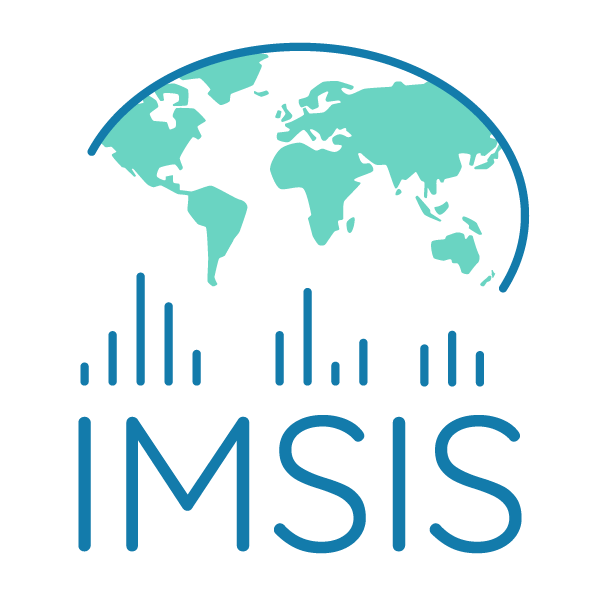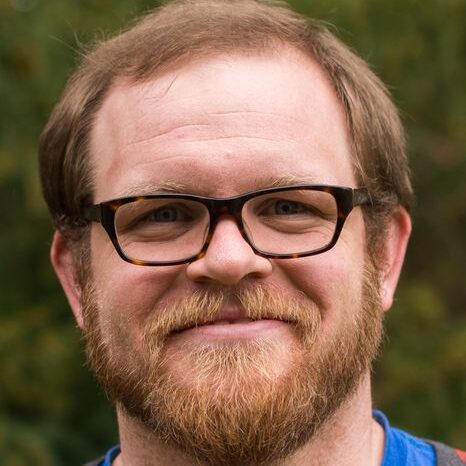Region Europe- Executive Committee
The executive committee oversees the activities of the Region Europe, and help in promoting workshop, initiative, educational event and with the organisation of the Internationl IMSIS conference when help in Europe.
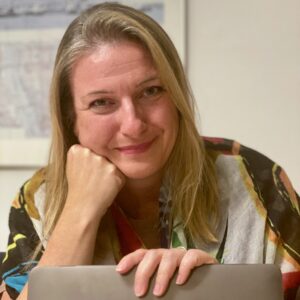
Martina Marchetti-Deschmann
TU Wien, Austria
Martina has been working in the field of Instrumental Bioanalytical Chemistry for more than 20 years with a special focus on mass spectrometry, separation sciences, biomolecule identification and detailed characterization. She is a well-known expert in proteomics, glycomics focussing on method development, future directing applications of mass spectrometry and instrument improvements. Since 2009 she has established MALDI mass spectrometric imaging in Austria and is an internationally recognized expert in the field building her capacities through European based networks and national collaborations in the fields of Life Sciences and Material Sciences. Current research is focused on 1) applying MALDI and DESI as soft ionization techniques for surface analysis in the field of MSI; 2) developing sample preparation strategies to gather omics information from sample surfaces and combine this strategy with classical LC-MS approaches; and 3) combining the emerging field of MS imaging with methodologies traditionally used in other fields, i.e. MRI, CT, PET, IR, Raman (medicine) or XRF, and AFM (material sciences), building a strong basis for new developments in multimodal imaging.
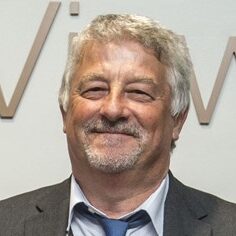
Malcolm Clench
Malcolm is Head of Research for the Biomolecular Sciences Research Centre, Dept. of Biosciences and Chemistry, Sheffield Hallam University in the United Kingdom. He is the leader of the Mass Spectrometry and MALDI Special Interest Group of the British Mass Spectrometry Society, Vice President of the Mass Spectrometry Imaging Society and Associate Editor of the Journals Proteomics and Nature Scientific Reports. Malcolm is the author of 136 peer reviewed papers to date including 75 on mass spectrometry imaging. He has supervised 34 PhD students to completion. Malcolm’s current major research interests are in the application of mass spectrometry imaging techniques to the understanding of response mechanisms to xenobiotic exposure in tissues and 3D tissue models and the development of quantitative imaging techniques.
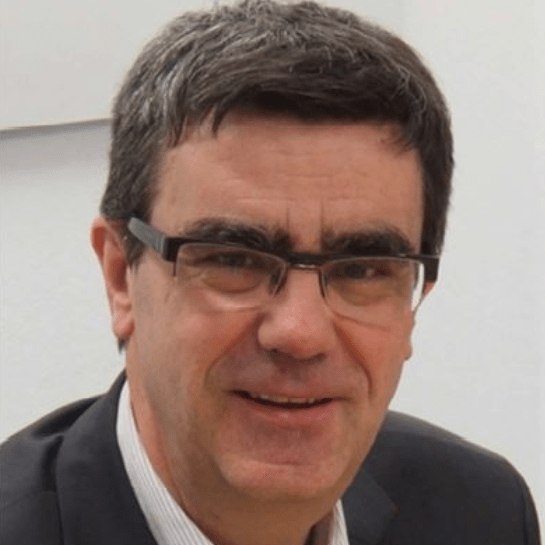
Gérard Hopfgartner
University of Geneva, Switzerland
Gérard is full Professor for Analytical Sciences and Mass Spectrometry in the Department of Analytical and Inorganic Chemistry of the University of Geneva. His research interests focus around the development and application of novel mass spectrometry approaches with and without chromatography in the field of life sciences. His scientific interests include: hyphenation of separation sciences with MS, automation, bioanalysis, metabolism, metabolomics, analytical proteomics, ionization techniques, MS/MS fragmentation, ion mobility mass spectrometry and mass spectrometry imaging. He acts as an editor for Analytical Bioanalytical Chemistry and he is member of the scientific committee of the HPLC Conference Series.
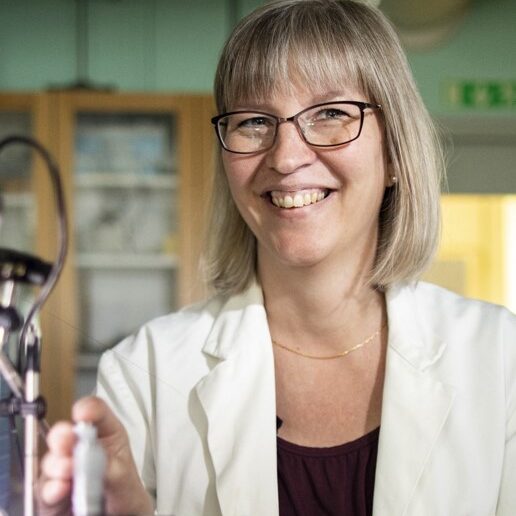
Ingela Lanekoff
Uppsala University, Sweden
Ingela is a full Professor of Analytical Chemistry at the Department of Chemistry-BMC, Uppsala University, Sweden. After a PhD in 2011 from the University of Gothenburg, Sweden, she did a post doc at Pacific Northwest National Laboratory, USA. Following, she started her independent career in 2014 at Uppsala University. Her research is focused on developing and applying new mass spectrometry tools for the analysis metabolites and lipids, including low abundant and isomeric species, in tissue and cells. The overall aim to use novel analytical tools to realize the chemistry behind biological function.
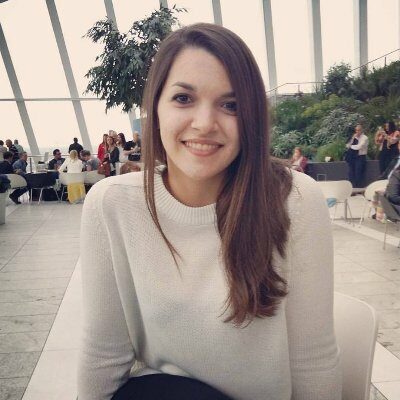
Stefania Maneta Stavrakaki
Imperial College London, England
Stefania is a postdoctoral researcher at Imperial College London Analytical Chemist London, England
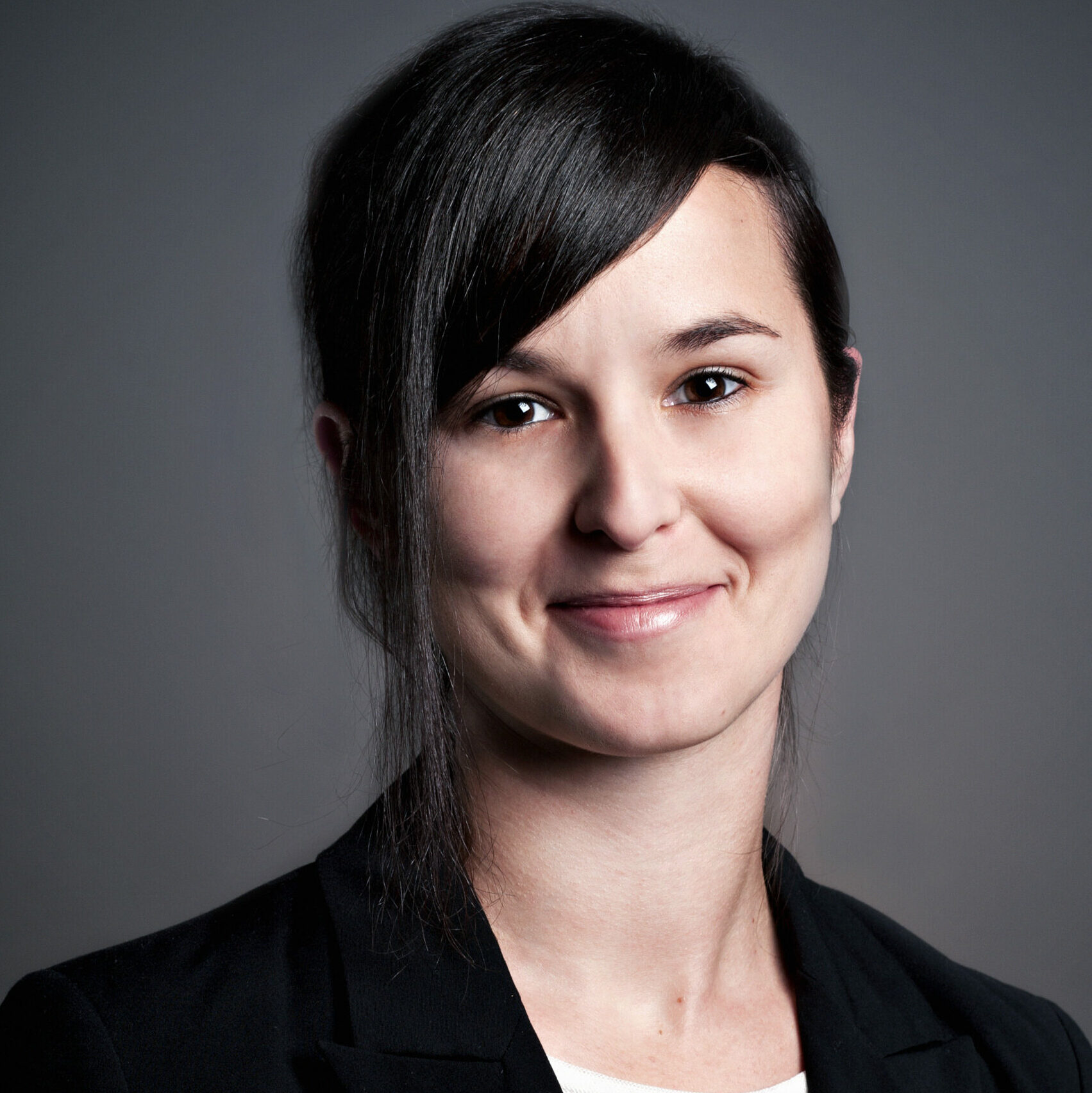
Tiffany Siegel
TS SCI.com, New Zealand
Tiffany was Assistant Professor at the M4i institute, Maastricht University, Netherlands. Her research focused on translation between the development of innovative MS-based instrumentation and direct application to clinical research – with a special interest on intraoperative mass spectrometry. In April 2021, she joined Boehringer Ingelheim, in Biberach (Germany) where she now holds a Senior Scientist position in the Drug Metabolism Sciences group. In 2023, Tiffany moved to her next adventure in New Zealand and joined Ruminant BioTech as Senior Researcher and Market Access manager (part-time). In 2023, she started her company TS SCI.com to provide scientific content editing and visual communication (web design, visual identity, SEO optimisation) services and help scientists and entrepreneurs to communication efficiently and consistently accross their communication media.
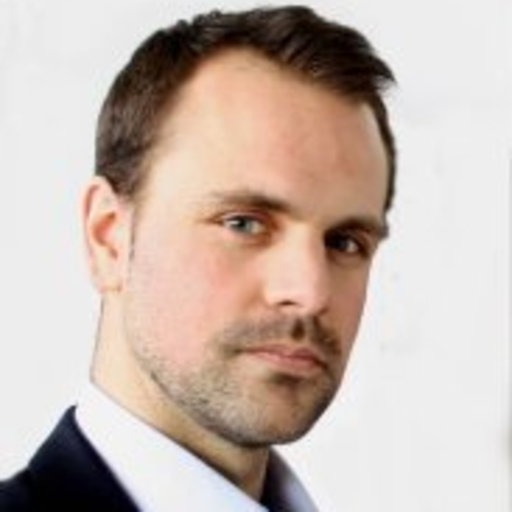
Gregory Hamm
AstraZeneca, UK
Gregory is a Director at AstraZeneca (AZ) from the Imaging & Data Analytics team in Clinical & Pharmaceutical Safety Sciences (CPSS). He holds a PhD in physics and chemistry from the Paul Verlaine University of Metz (France) in 2010. As R&D manager in the MS imaging department of ImaBiotech from 2010 to 2016, he developed a new methodology for quantification by MSI (patented and published extensively) and coordinated international research program for the company. Since 2016, he’s supporting AstraZeneca portfolio using a range of advanced imaging technology including MSI, Imaging Mass Cytometry (IMC) and digital pathology. He has extensive experience in supporting projects for safety and efficacy studies and is therapy area lead for Respiratory & Immunology. He’s the author of over 40 peer reviewed papers in the field these last 11 years and as chairman of the MSI study group for the European Society of Molecular Imaging (ESMI) he strives to promote the multimodality MSI to wider imaging community.
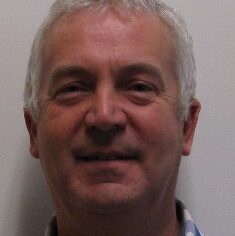
Peter Marshall
GSK, UK
After graduating from the University of Hull in 1984 Peter did a PhD at the University of Reading in collaboration with ICI Plant Protection Division (now Syngenta) at Jealott’s Hill, Berkshire. He joined Glaxo (now GlaxoSmithKline) in February 1988 as a Natural Product Extraction Chemist before moving into the mass spectrometry group in 1993. His many roles included the development of methodologies for analysing compounds from single resin beads as part of the combinatorial chemistry era. This work also included the use of Inductively Coupled Plasma mass spectrometry (ICP-MS) which led us into MALDI MS imaging about 12 years ago. Peter pioneered the introduction of MALDI MS Imaging into GSK and was an active member of the recent European Union Cooperation in Science and Technology (COST) Action for MALDI MS Imaging representing the UK. In this capacity, Peter was instrumental in organising and co-running several workshops for the advancement of techniques for On-Tissue Digestion prior to MALDI Imaging analysis. Peter was part of the original Team that helped co-found the Mass Spectrometry Imaging Society (MSIS) and is currently serving as the Industrial Link on the board of the MSIS. Peter’s use of MALDI MS Imaging has recently morphed into Ultra High Throughput Screening by MALDI and through a collaboration between GSK, Bruker and Analytik Jena/Cybio has led to the development of a fully Automated system that has the potential to spot and analyse a full diversity 2 million compound assay in ~8 days.

Ann-Christin Niehoff
Shimadzu, Germany
Ann-Christin studied Chemistry at the University of Münster, Germany and finished her Master of Science Chemistry in 2013. Her thesis focused on elemental bioimaging of metal-tagged drug delivery systems by laser ablation inductively coupled plasma mass spectrometry (LA-ICP-MS). During her PhD, she performed complementary imaging using MALDI-MS for molecular, and LA-ICP-MS for elemental imaging. Analysis has been performed on different samples such as tumor spheroids, rat brain sections and human brain tumors. Furthermore, multimodal analysis with magnetic resonance imaging (MRI) were carried out. She finished 2016 her PhD at the University of Münster, Germany in the research group of Prof. Uwe Karst and received for her thesis the Wolfgang Paul Study Award from the German Society of Mass Spectrometry (DGMS) as well as the DAAS Award from the work group Analytical Spectroscopy of the German Society of Chemistry. Dr. Niehoff is currently working at Shimadzu Europa GmbH, Duisburg, Germany, for the European Innovation Center – Imaging. The focus of her work is to establish collaborations with scientific researchers for the development of new applications and technologies in the field of imaging.
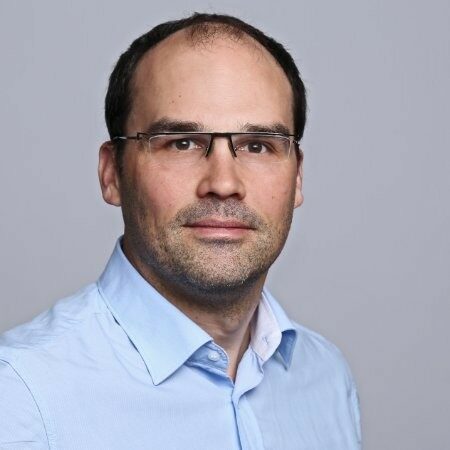
Andreas Roempp
University of Bayreuth, Germany
Andreas is Full Professor and Chair Bioanalytical Sciences and Food Analysis, University of Bayreuth.
Past President of MSIS (Europe)
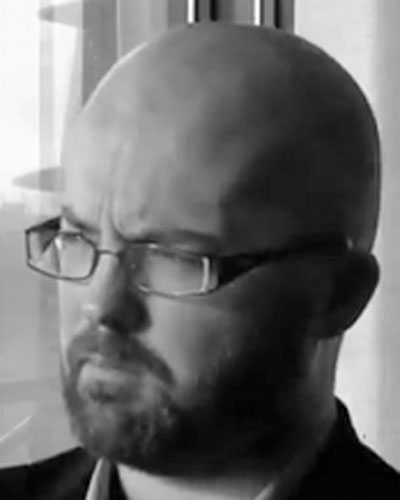
Liam McDonnell
Pisa, Italy
Liam obtained an MCHEM in Chemistry from the University of Oxford, UK, and a PhD in Chemistry from the University of Warwick, UK. Following a post-doctoral researcher position at the FOM institute for Atomic and Molecular Physics in Amsterdam, he started his own research group at Leiden University Medical Center, where he is Associate Professor. He is director of Proteomics at the Fondazione Pisana per la Scienza, and Vice-President of the Mass Spectrometry Imaging Society.
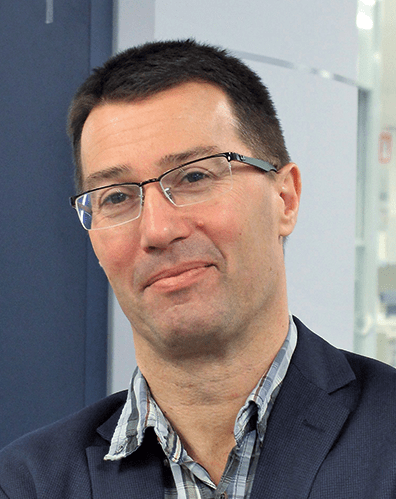
Ron Heeren
Maastricht, The Netherlands
Ron obtained a PhD degree in technical physics in 1992 at the University of Amsterdam on plasma-surface interactions. He was the research group leader at FOM-AMOLF for macromolecular ion physics and biomolecular imaging mass spectrometry. In 2001 he was appointed professor at the chemistry faculty of Utrecht University lecturing on the physical aspects of biomolecular mass spectrometry. In the period 1995-2015 he has been developing new approaches towards high spatial resolution and high throughput molecular imaging mass spectrometry using Secondary Ion Mass Spectrometry and Matrix Assisted Laser Desorption and Ionization. He was the research director for emerging technologies within the Netherlands Proteomics Centre from 2008-2013. In 2012 he co-founded Omics2Image B.V., a company focused on bringing innovative ion detector technology to the analytical market. In 2014 he was appointed as distinguished professor and Limburg Chair at the University of Maastricht. He is one of the scientific directors of M4I, the Maastricht MultiModal Molecular Imaging institute and heads the division of imaging MS. He is the elected treasurer and executive board member of the international mass spectrometry foundation and serves on various editorial boards of peer-reviewed journals. He is and has been active in many professional societies to advance mass spectrometric research, education and professionalization. His publication record encompasses an excess of 200 peer-reviewed publications and his H-index is 38. His academic research interests are the fundamental studies of the energetics of macromolecular systems, conformational studies of non-covalently bound protein complexes, translational imaging research, high-throughput bioinformatics and the development and validation of new mass spectrometry based proteomic imaging techniques for the life sciences.
